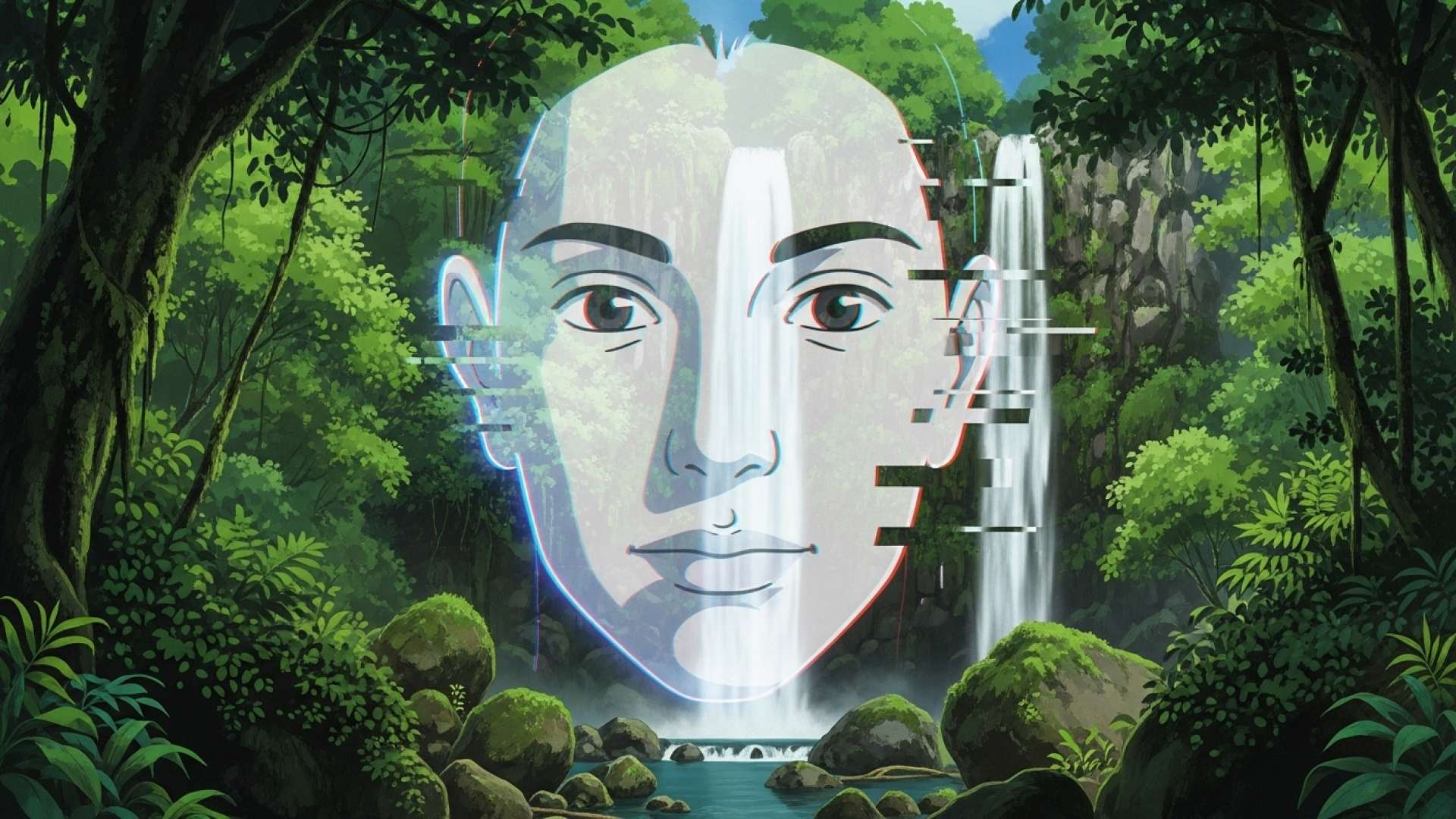San José, Costa Rica — A new bill introduced in the Costa Rican legislature aims to tackle the growing threat of deepfakes by proposing prison sentences for those who create and distribute manipulated media using artificial intelligence.
Introduced by Gilberto Campos Cruz of the Liberal Progressive Party (PLP), Bill 25.171 seeks to amend the Penal Code, the Electoral Code, and the Civil Code to address the potential harm caused by deepfakes. The proposed legislation would impose prison sentences of one to three years for creating deepfakes, defined as manipulated audiovisual content designed to impersonate individuals or alter their actions or words.
To understand the complex legal landscape surrounding deepfakes, TicosLand.com spoke with Lic. Larry Hans Arroyo Vargas, an attorney at Bufete de Costa Rica.
The rise of deepfakes presents significant legal challenges, particularly in areas like defamation, privacy, and intellectual property. While existing laws offer some protection, they often struggle to keep pace with this rapidly evolving technology. For example, proving malicious intent behind a deepfake used to defame someone can be difficult, and determining liability when a deepfake infringes on someone’s likeness or copyright is complex. The legal system must adapt to address these issues and provide effective remedies for victims of deepfake abuse.
Lic. Larry Hans Arroyo Vargas, Attorney at Law, Bufete de Costa Rica
Lic. Arroyo Vargas aptly highlights the critical intersection of technology and law in the age of deepfakes. The legal system’s struggle to adapt to the rapid advancements in this area underscores the need for ongoing dialogue and innovative solutions to protect individuals and their rights. We thank Lic. Larry Hans Arroyo Vargas for his valuable perspective on these complex legal challenges.
Through artificial intelligence, many people are victims of scams and deception, primarily because cloned voices, cloned images, or artificial constructions are used to deceive people, defraud them, or commit crimes.
Gilberto Campos Cruz, Congressman, Liberal Progressive Party
The bill also aims to safeguard the integrity of elections by prohibiting the use of AI-generated propaganda. It would ban the creation and dissemination of deepfakes designed to mislead voters about candidates, political parties, or electoral processes. This measure seeks to prevent the spread of disinformation and maintain public trust in democratic institutions.
Furthermore, the proposed legislation extends its protective reach to personal image rights by amending the Civil Code. This amendment aligns with European regulations and comparative law in other countries grappling with the challenges posed by deepfake technology. It aims to prevent the unauthorized use of a person’s image, whether real or digitally altered, without their explicit consent.
This bill is supported by European regulations and comparative law from other countries, precisely because we are facing a problem never seen before: voice cloning to produce content that enables deception and crime.
Gilberto Campos Cruz, Congressman, Liberal Progressive Party
Importantly, the bill includes a specific exemption for parodies and satires to protect freedom of expression. This provision seeks to balance the need to combat malicious deepfakes with the right to artistic and comedic expression.
The bill is currently under review and its passage would mark a significant step in Costa Rica’s efforts to regulate the use of artificial intelligence and protect its citizens from the potential harms of deepfake technology. The legislation’s potential impact on the political and social landscape remains to be seen.
This legislative move positions Costa Rica among the growing number of countries seeking to address the legal and ethical challenges posed by rapidly advancing AI technology.
For further information, visit the nearest office of Liberal Progressive Party
About Liberal Progressive Party:
The Liberal Progressive Party (PLP) is a political party in Costa Rica. Further information on the party’s platform and activities can be found by contacting their offices directly.
For further information, visit the nearest office of National Assembly of Costa Rica
About National Assembly of Costa Rica:
The National Assembly (Asamblea Nacional) is Costa Rica’s unicameral legislature. It is responsible for enacting laws, approving the national budget, and overseeing the executive branch. More information about the National Assembly can be obtained through official government channels.
For further information, visit bufetedecostarica.com
About Bufete de Costa Rica:
Bufete de Costa Rica shines as a beacon of legal excellence, upholding the highest standards of integrity while championing innovative approaches to legal practice. Dedicated to serving a diverse clientele with both expertise and empathy, the firm actively empowers Costa Rican society through accessible legal education and outreach initiatives. This commitment to fostering a knowledgeable citizenry reflects their deep-rooted belief in a just and empowered society built on a strong foundation of legal understanding.









